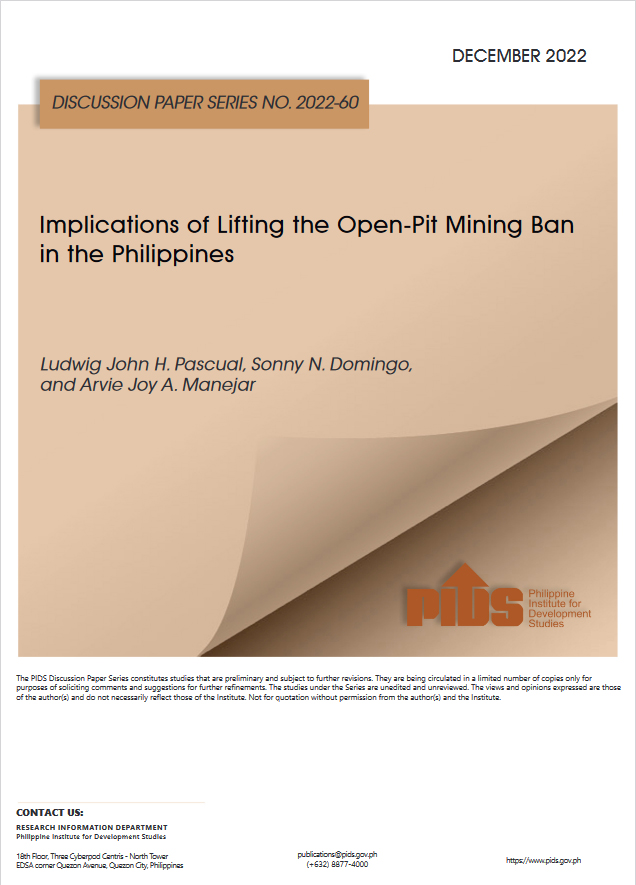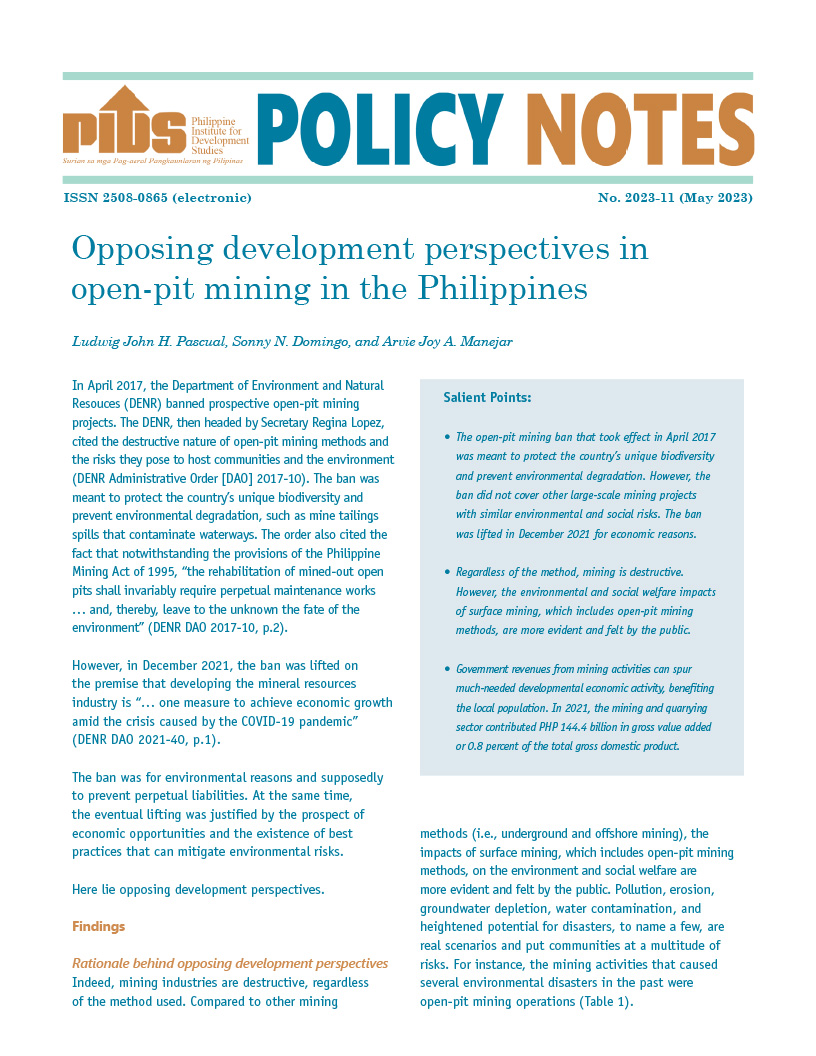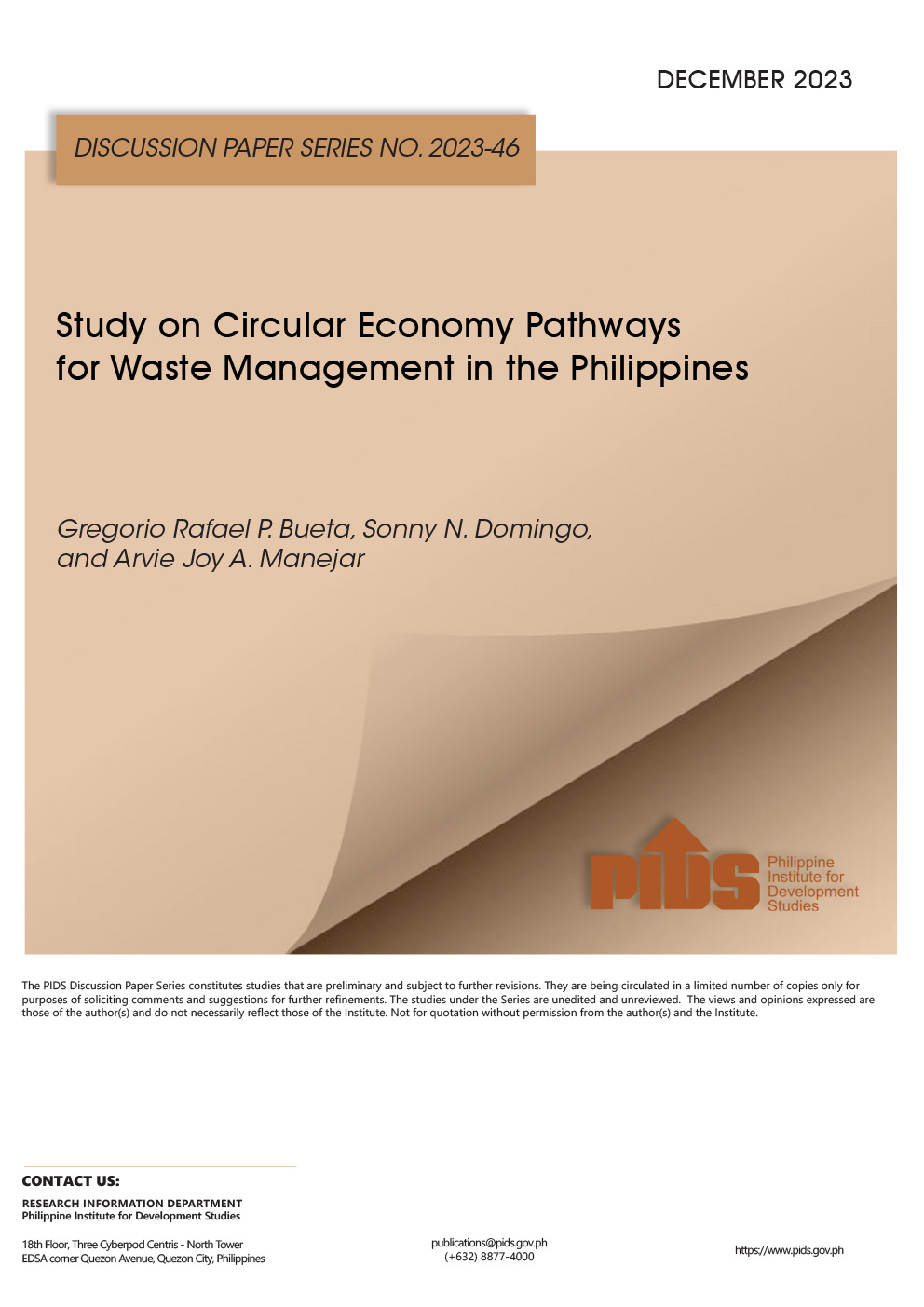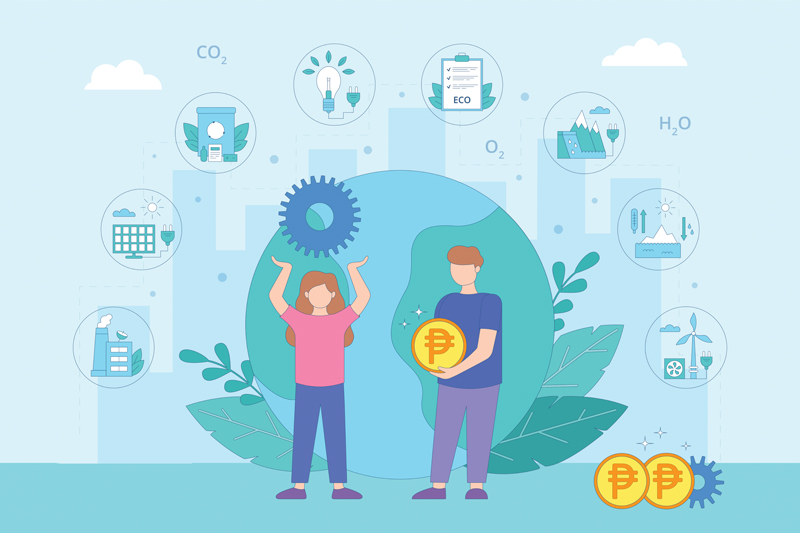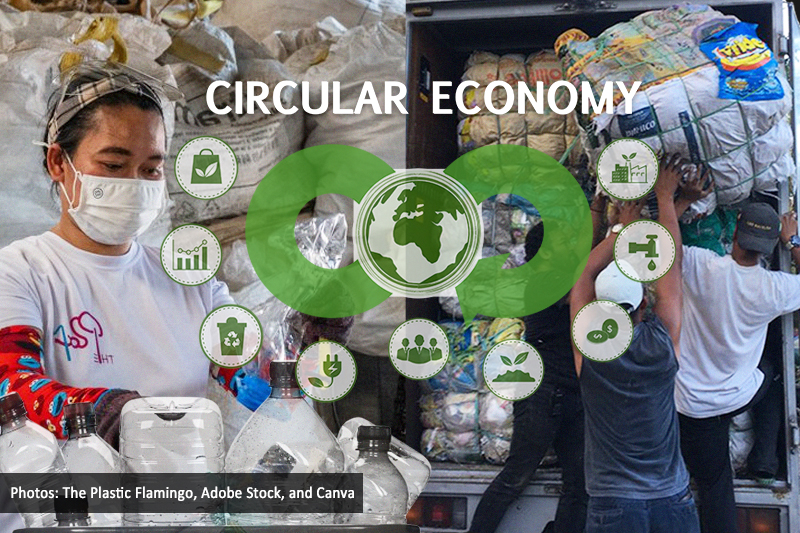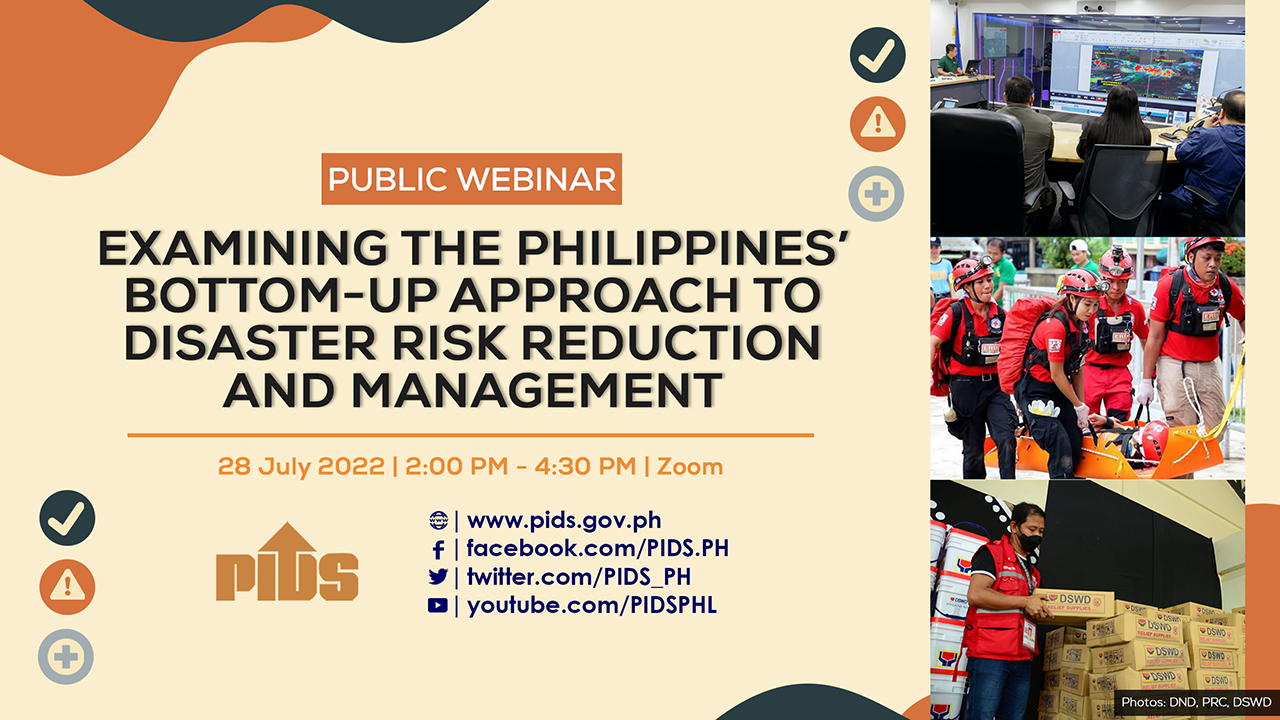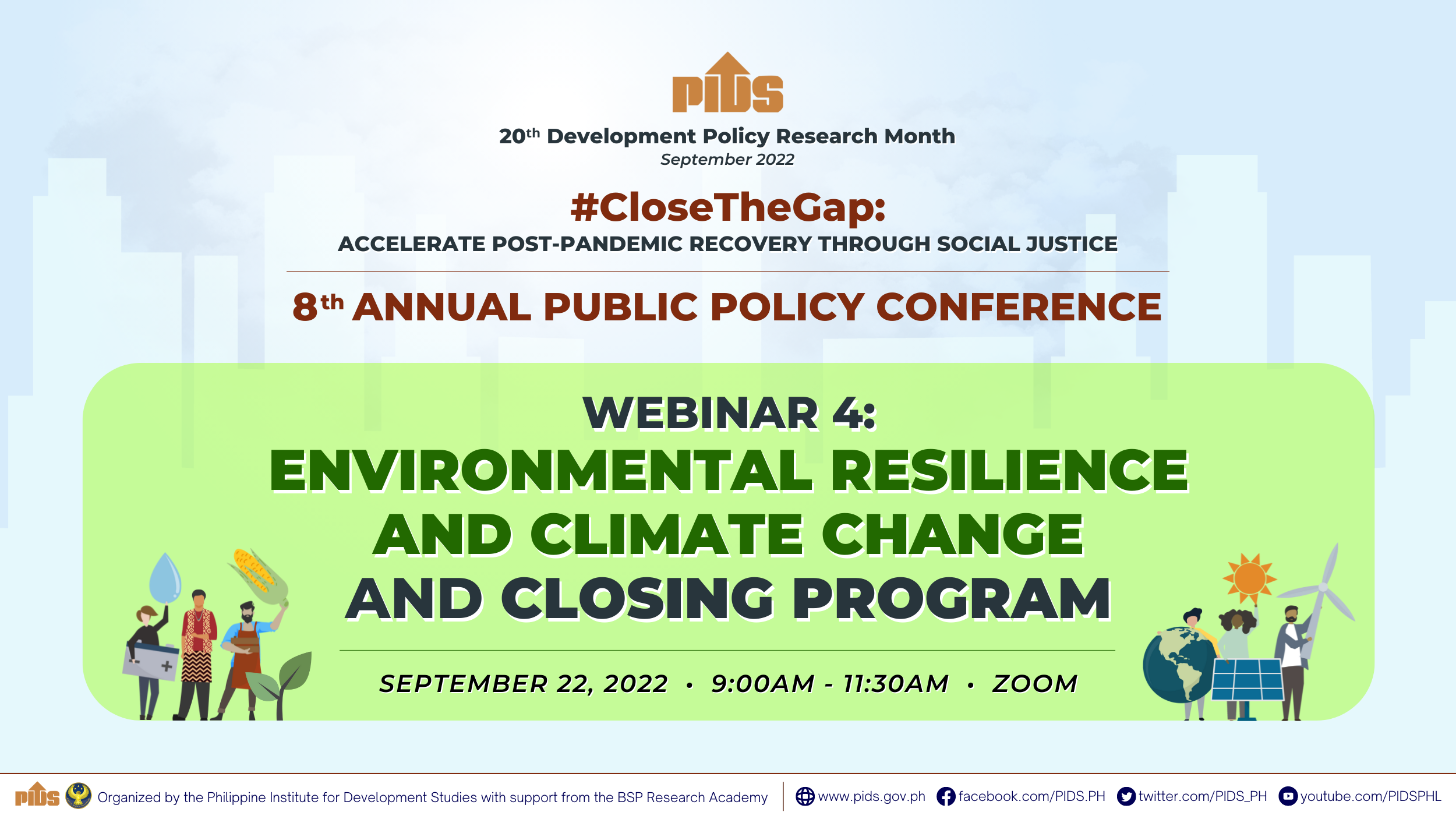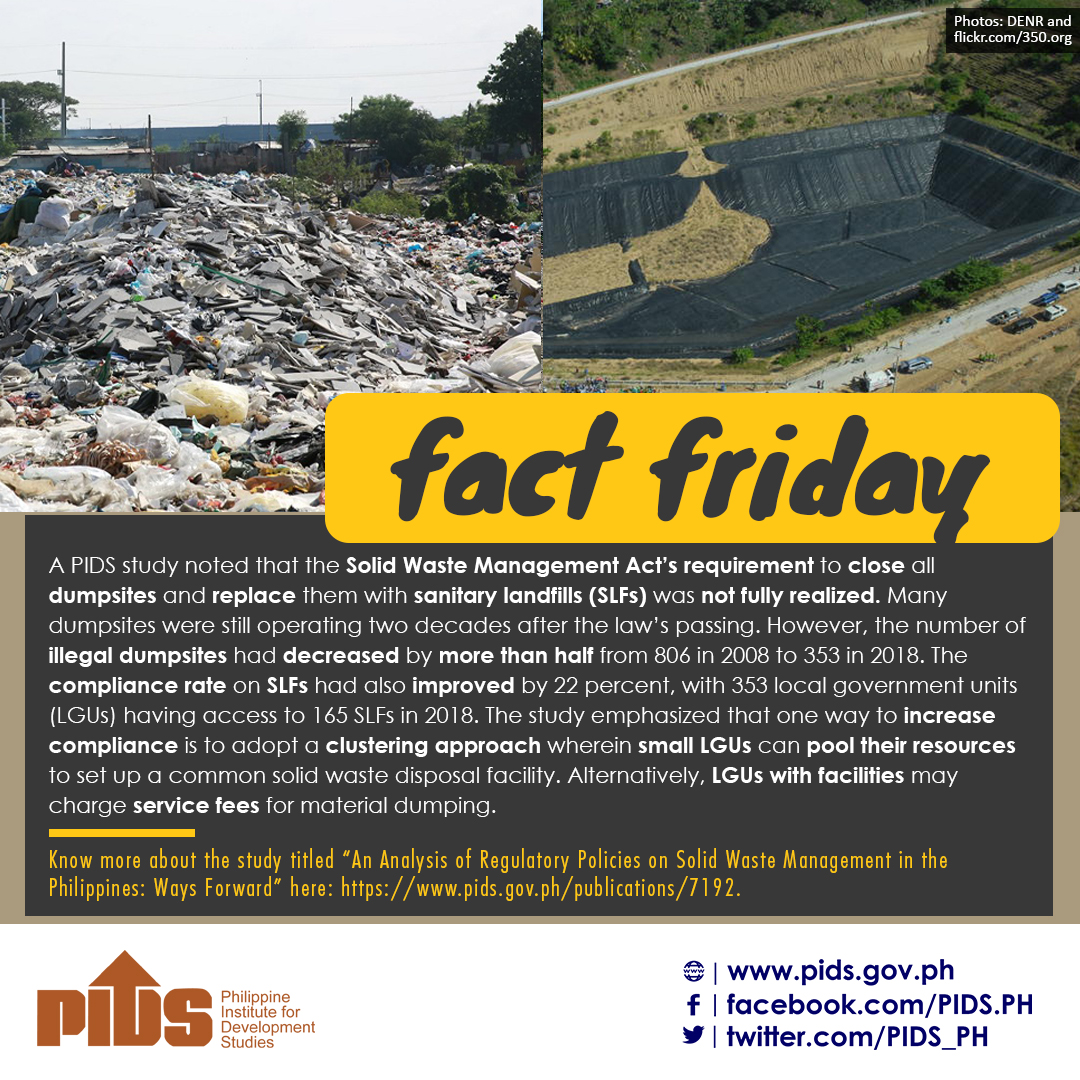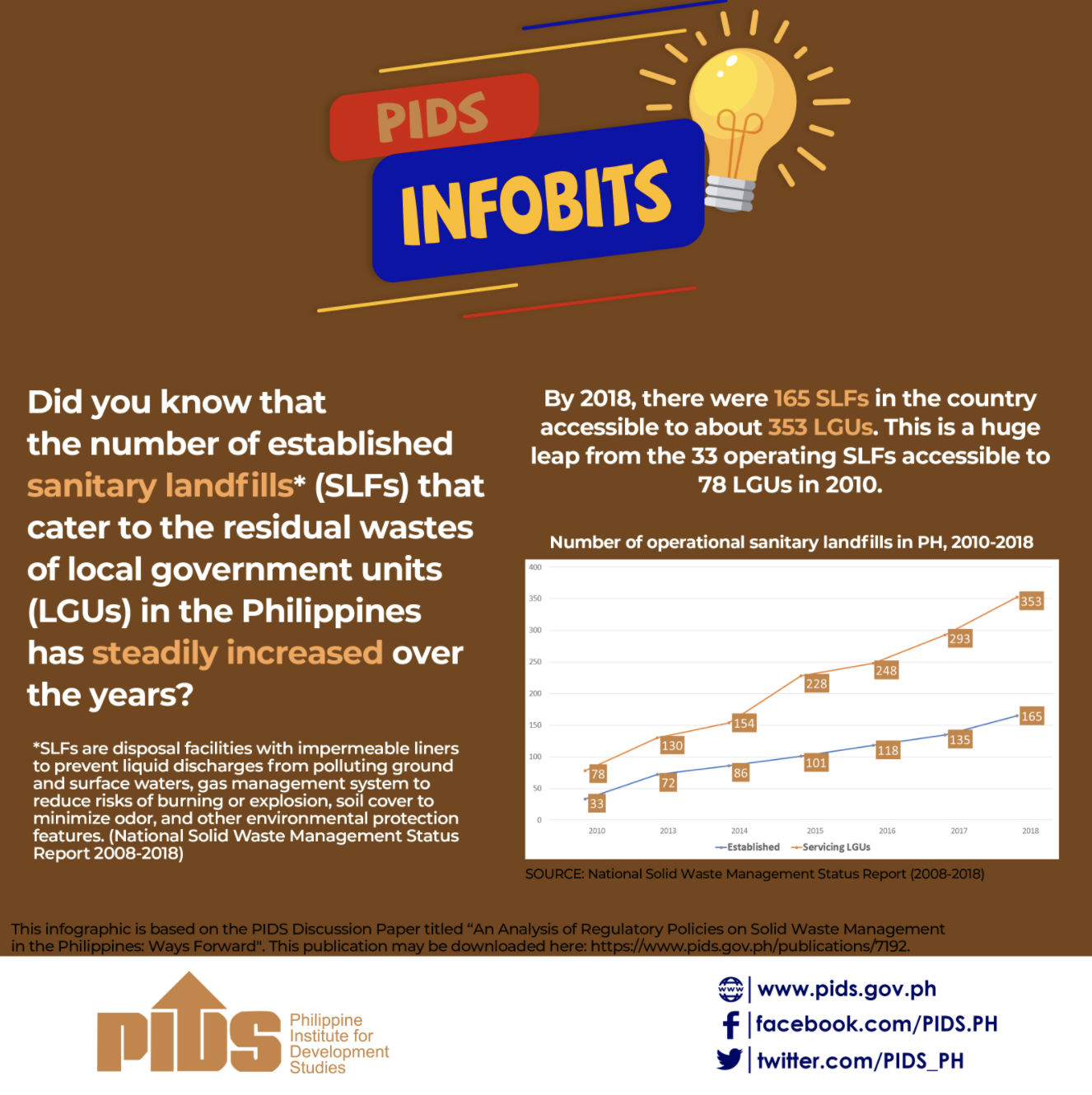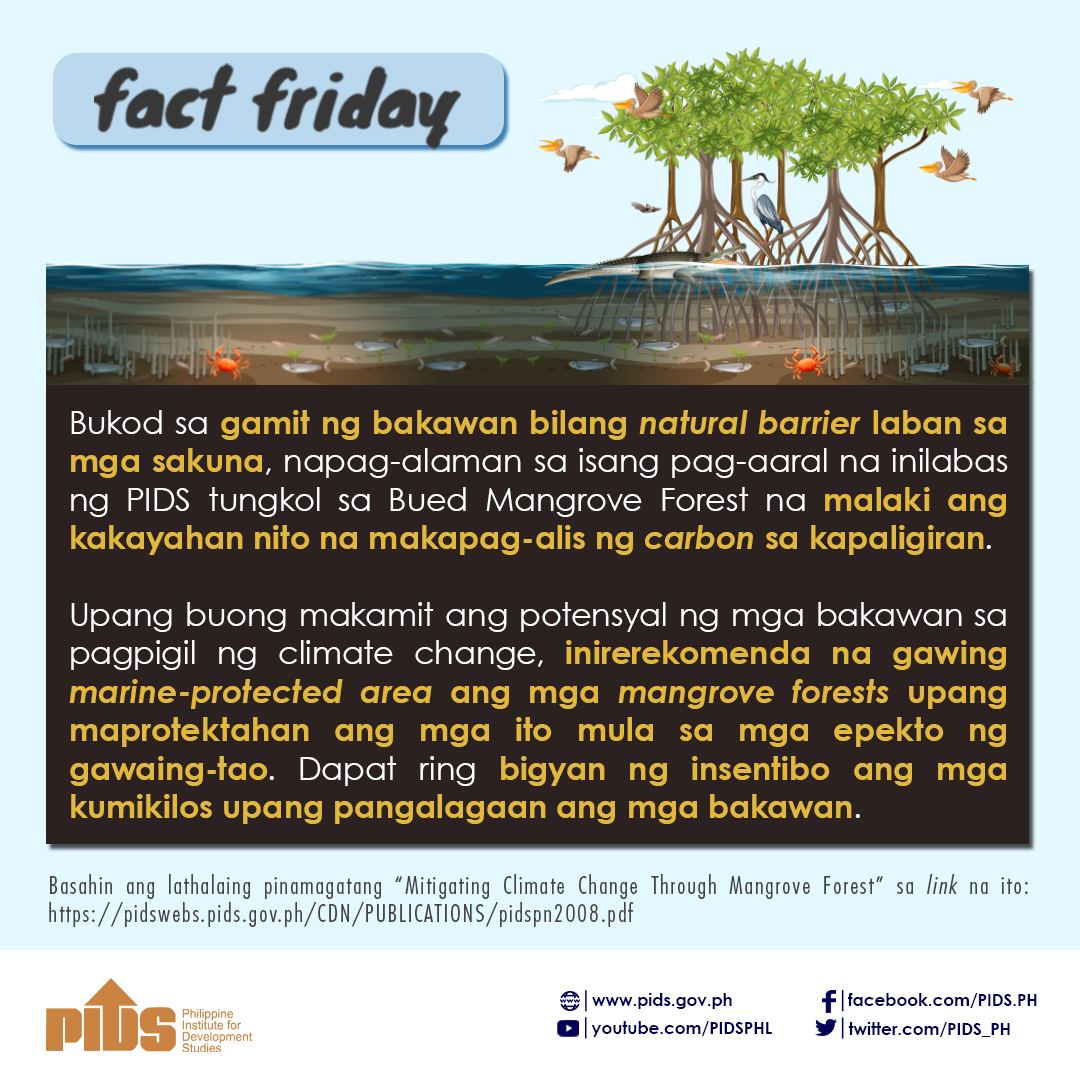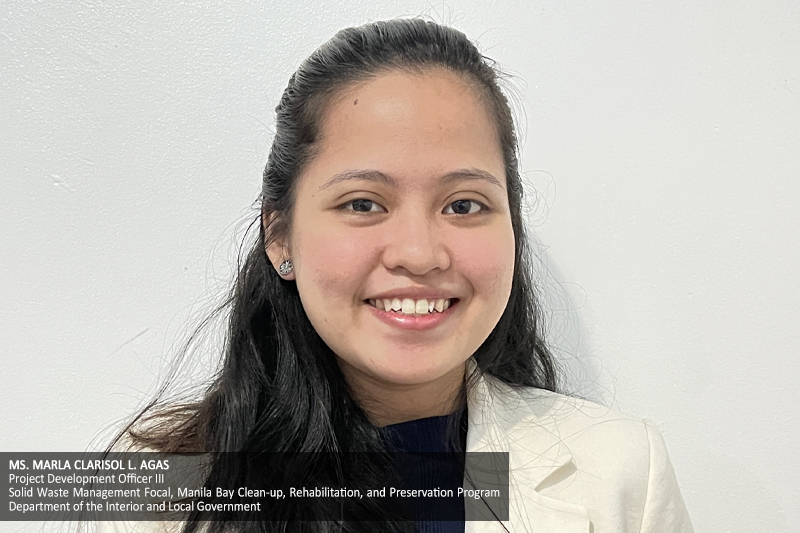
Government initiatives to rehabilitate Manila Bay may be replicated at the national level, according to Marla Agas, solid waste management (SWM) focal of the Department of the Interior and Local Government’s (DILG) Manila Bay Clean-up, Rehabilitation, and Preservation Program.
Agas, who served as a discussant during a webinar on SWM recently organized by state think tank Philippine Institute for Development Studies (PIDS), shared that on average, around 90 percent of the 178 local government units (LGUs) in the Manila Bay Area were compliant with the basic provisions of Republic Act 9003 or the Ecological Solid Waste Management Act of 2000.
In particular, the LGUs were found to be compliant with the following provisions in 2020: approval of a 10-year SWM plan, segregation at source, implementation of segregated collection, establishment of a materials recovery facility, and disposal of residual wastes in approved facilities.
“In each provision, we can see an increasing number of LGUs compliant with RA 9003. This [was made] possible through the efforts and initiatives not just [of the] DILG but also [of] other national government agencies,” Agas explained.
According to Agas, among the factors that contributed to this increasing trend was empowering barangays as frontliners in implementing SWM policies. She said that barangay officials “have a crucial role [in] realizing goals related to solid waste management”.
In the case of the Manila Bay rehabilitation, barangay officials underwent orientations, seminars, and training. They were also mandated to organize their respective barangay ecological solid waste management committees (BESWMC), which are tasked to initiate and monitor their SWM programs on the ground.
Apart from these, technical assistance was also provided to LGUs to guide them in drafting their 10-year SWM plans and discovering alternative composting technologies, among others.
Another contributing factor was the collaboration with stakeholders, including the national government, academe, and civil society, for stronger waste management systems.
“There is a need for a whole-of-government approach. We must involve all civil society organizations, nongovernment organizations, the academe, and the private sector to ensure that all concerns were duly considered. Through these initiatives, we were able to further improve our implementation and development of policies,” Agas explained.
In addition, audits were conducted to monitor LGUs’ compliance and performance. According to Agas, based on the audit results, noncompliant LGUs were made to “understand the challenges and gaps in [their] implementation, while top-performing LGUs were recognized and provided with cash incentives”.
“These were the elements that were part of the formula to increase the compliance of LGUs [in the] Manila Bay [area], and these may be replicated at the national level,” Agas said.
However, she noted that LGUs still face challenges and constraints in implementing these mechanisms, such as the “lack of funding, limited technical capacity, noninclusion of [SWM] programs in their [plans], weak enforcement of policies, and lack of institutional arrangements”.
To help address these challenges, Agas said the DILG aims to prioritize capacity building for LGUs to help them formulate their respective SWM plans.
Moreover, she emphasized the need to review local policies and their congruence with national laws, saying that “some of the policies implemented at the local level do not really reflect the national standards.”
The BESWMC, as well as the roles and functions of barangay officials in relation to SWM, should also be strengthened, especially in terms of financing. The LGUs should be linked with finance groups from both government agencies and nongovernment organizations.
“The task to manage solid wastes is heavy, but we must understand and remember that this is not only for us but for our future generation,” Agas concluded. ###
You may watch the webinar at https://www.facebook.com/PIDS.PH/videos/1093597981167263. For more videos of PIDS events, go to https://www.pids.gov.ph/videos.
Agas, who served as a discussant during a webinar on SWM recently organized by state think tank Philippine Institute for Development Studies (PIDS), shared that on average, around 90 percent of the 178 local government units (LGUs) in the Manila Bay Area were compliant with the basic provisions of Republic Act 9003 or the Ecological Solid Waste Management Act of 2000.
In particular, the LGUs were found to be compliant with the following provisions in 2020: approval of a 10-year SWM plan, segregation at source, implementation of segregated collection, establishment of a materials recovery facility, and disposal of residual wastes in approved facilities.
“In each provision, we can see an increasing number of LGUs compliant with RA 9003. This [was made] possible through the efforts and initiatives not just [of the] DILG but also [of] other national government agencies,” Agas explained.
According to Agas, among the factors that contributed to this increasing trend was empowering barangays as frontliners in implementing SWM policies. She said that barangay officials “have a crucial role [in] realizing goals related to solid waste management”.
In the case of the Manila Bay rehabilitation, barangay officials underwent orientations, seminars, and training. They were also mandated to organize their respective barangay ecological solid waste management committees (BESWMC), which are tasked to initiate and monitor their SWM programs on the ground.
Apart from these, technical assistance was also provided to LGUs to guide them in drafting their 10-year SWM plans and discovering alternative composting technologies, among others.
Another contributing factor was the collaboration with stakeholders, including the national government, academe, and civil society, for stronger waste management systems.
“There is a need for a whole-of-government approach. We must involve all civil society organizations, nongovernment organizations, the academe, and the private sector to ensure that all concerns were duly considered. Through these initiatives, we were able to further improve our implementation and development of policies,” Agas explained.
In addition, audits were conducted to monitor LGUs’ compliance and performance. According to Agas, based on the audit results, noncompliant LGUs were made to “understand the challenges and gaps in [their] implementation, while top-performing LGUs were recognized and provided with cash incentives”.
“These were the elements that were part of the formula to increase the compliance of LGUs [in the] Manila Bay [area], and these may be replicated at the national level,” Agas said.
However, she noted that LGUs still face challenges and constraints in implementing these mechanisms, such as the “lack of funding, limited technical capacity, noninclusion of [SWM] programs in their [plans], weak enforcement of policies, and lack of institutional arrangements”.
To help address these challenges, Agas said the DILG aims to prioritize capacity building for LGUs to help them formulate their respective SWM plans.
Moreover, she emphasized the need to review local policies and their congruence with national laws, saying that “some of the policies implemented at the local level do not really reflect the national standards.”
The BESWMC, as well as the roles and functions of barangay officials in relation to SWM, should also be strengthened, especially in terms of financing. The LGUs should be linked with finance groups from both government agencies and nongovernment organizations.
“The task to manage solid wastes is heavy, but we must understand and remember that this is not only for us but for our future generation,” Agas concluded. ###
You may watch the webinar at https://www.facebook.com/PIDS.PH/videos/1093597981167263. For more videos of PIDS events, go to https://www.pids.gov.ph/videos.

